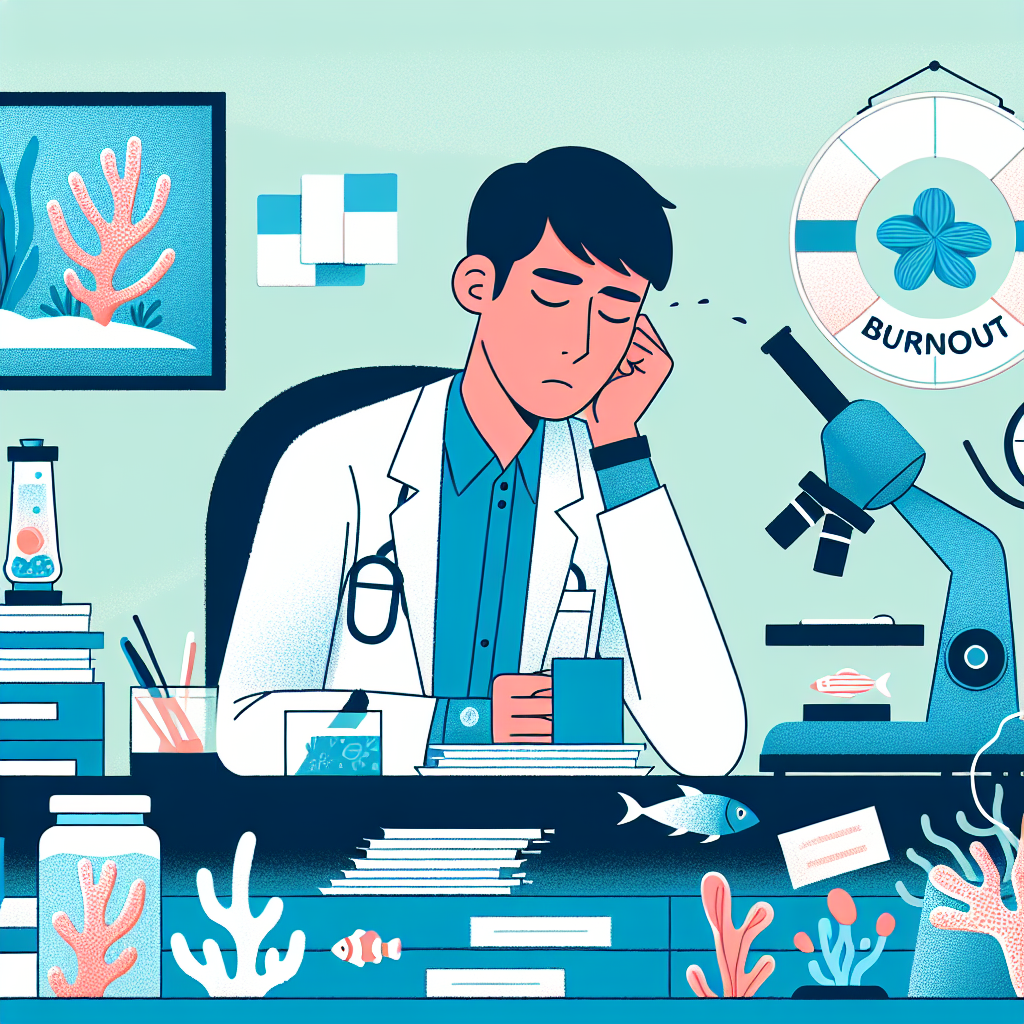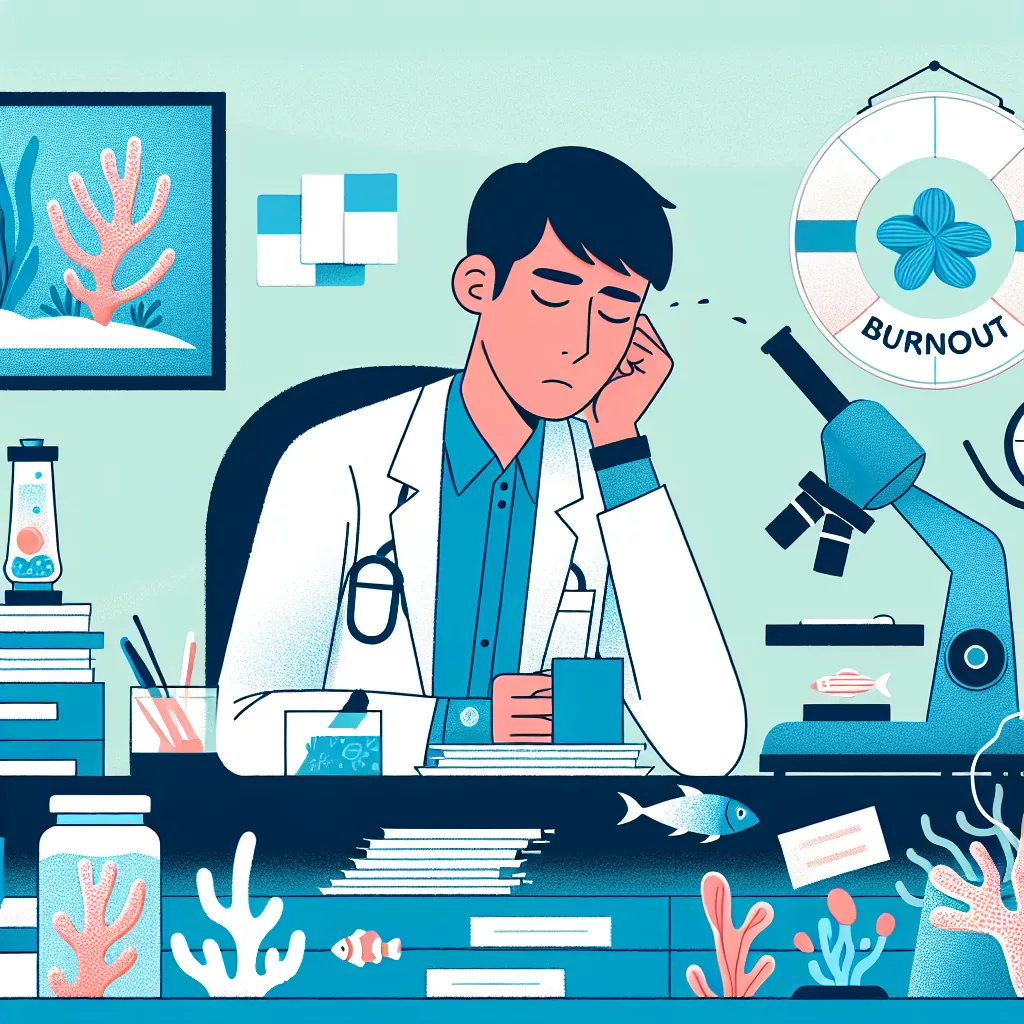The risk of burnout for marine biologists is driven by diverse stressors: from intensive fieldwork to grant pressures, all combining to strain resilience beyond limits.

- Intense physical demands in challenging environments.
- Long hours with early mornings or overnight shifts.
- High competition for funding and job opportunities.
- Emotional strain from witnessing environmental degradation.
- Difficult work-life balance, especially during fieldwork.
- Isolation from working in remote locations.
- Stress from publishing pressures and career advancement.
Analyses of occupational burnout in Marine Biologists indicate that the severity is generally mild.
Reasons Marine Biologists burnout
According to the science to date there are key reasons people burnout at work. Here’s our top reasons why Marine Biologist in the Education category has a burnout risk of Mild:
Your career as a Marine Biologist can be rewarding, but it also poses distinct challenges that may lead to burnout.
Firstly, prolonged exposure to harsh environments is common. Many marine biologists spend time in remote areas conducting field research. This isolation, combined with physical demands, can lead to exhaustion. The need to frequently adapt to adverse weather and unpredictable marine conditions adds to the stress.
Secondly, high levels of academic and professional pressure are constant. You face expectations to publish regularly, secure funding, and stay competitive in the scientific community. Balancing these pressures with the meticulous nature of marine research can be overwhelming.
Additionally, emotional strain comes from observing environmental degradation. Witnessing the effects of pollution and climate change firsthand can lead to feelings of helplessness and despair over the state of marine ecosystems.
Moreover, job insecurity is a significant concern. Many positions in marine biology are project-based or dependent on fluctuating funding, leading to instability in long-term career prospects. This instability can create pervasive stress and anxiety.
Lastly, work-life balance often suffers due to irregular schedules. Fieldwork may require extended periods away from family and friends, making it challenging to maintain personal relationships and time for self-care.
Burnout rate data for Marine Biologist/Education
There is limited and fragmented data regarding burnout in the specific role of Marine Biologist. However, a broader look at the scientific community suggests that many factors contribute to burnout, such as long hours, funding uncertainty, and isolation. You can find related studies in academic journals, outlining these challenges. A search on databases such as PubMed can yield relevant articles.
In the Education sector, burnout is better documented. Teachers often report high levels of stress due to workload, student behavior, and lack of resources. Reputable sources like the National Education Association provide valuable insights. For detailed statistics, refer to the American Psychological Association’s website for articles on teacher burnout (https://www.apa.org/news/press/releases/stress/2021/teacher-burnout) and Education Week for broader educational burnout trends (https://www.edweek.org/ew/issues/teacher-burnout.html).
Do you have experience of Burnout as a Marine Biologist or in Education?
Share your story about Marine Biologist burnout on our share your story page.
Burnout in Education
Career Burnout Rates > Burnout in Education > Marine Biologist Burnout


